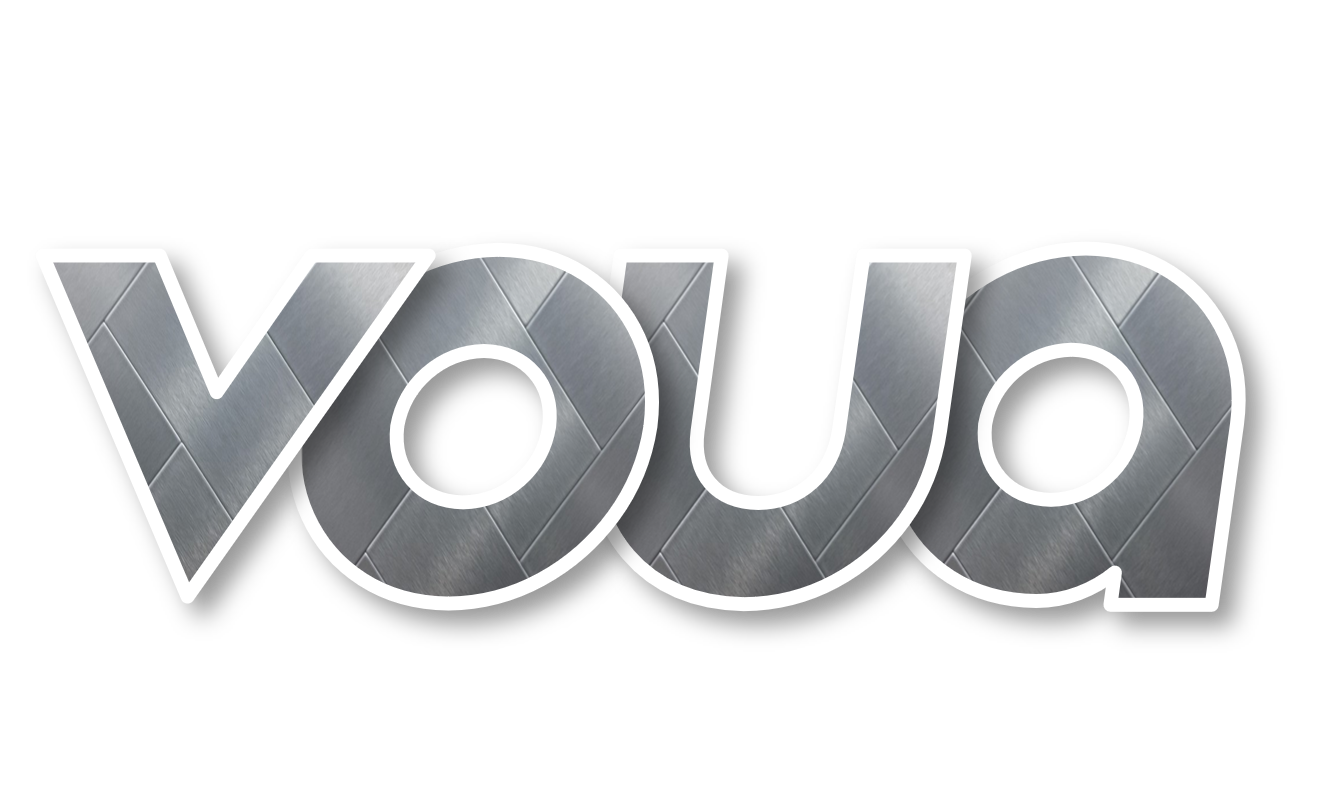A generation ago, graffiti, vandalism and smashed window panes warned that crime was creeping in. Today, a different omen has spread across Florida’s strip malls and street corners: vape shops. Behind the tinted glass of these gateways to the illicit economy, the merchandise tells its own story.
Bright, candy-colored, dessert-flavored Chinese disposable vapes sit beside synthetic THC, Kratom, Delta-8, flavored nitrous, bongs and every other manner of drug paraphernalia. Police stings routinely discover worse in back rooms — illicit drug trafficking, money laundering and tax evasion run by sophisticated criminal networks.

Just two months ago in Martin County, “Operation Smoke Signals” led to the arrest of 27 people selling illegal psychedelic drugs out of 20 different vape shops. Investigations around the country routinely uncover how these vape shops are the retail storefront for dangerous criminal enterprise. Last year in Michigan, a vape shop storing large amounts of butane and nitrous oxide exploded, killing a 19-year-old man. The site was described as a “war zone” and required over 60 firefighters to control.
Why the explosion? Lax enforcement. America’s nicotine vape market is dominated by products smuggled in violation of federal rules — more than 90% of Chinese vape products enter the country skirting import rules.
Those vapes travel the same routes that move fentanyl, meth precursors, weapons and even humans. Mexican cartels treat illicit tobacco and vapes as low-risk, high-margin cash commodities that bankroll violence. State-sponsored Chinese manufacturers and shell importers evade Customs to ship devices of unknown chemistry.
In 2023 alone, Chinese factories sent an estimated 216 million illicit disposables — roughly $2.4 billion at retail — into U.S. ports, with only a fraction intercepted. Profits flow through Chinese underground banks to the Chinese Communist Party’s $210 billion state tobacco empire, helping fund naval expansion and ballistic-missile programs. That is a national-security problem, not a regulatory footnote.
Cartel finances tell the same tale. The DEA’s 2024 National Drug Threat Assessment shows Sinaloa and Jalisco organizations laundering proceeds through Chinese brokers and using the very pipelines now carrying flavored nicotine. Cheap contraband like vapes provides seed money for meth super-labs and weapons purchases. When these devices surface, deputies soon find counterfeit pills, conversion labs and juveniles recruited online into retail drug sales. Vape windows are the modern broken windows.
As the National Sheriffs Association convenes its annual conference in Fort Lauderdale at the end of this month, it’s an opportunity for law enforcement leadership to collaborate on strategies to combat emerging threats. Here are some suggestions.
- Close the information gap. Officers need fast, searchable lists of approved and denied products. Clear visuals of illicit devices will help local teams pull contraband from shelves and trace it upstream.
- Shut down the gateways. Once investigators know what to look for, empower them to act. Closing criminal vape shops removes the storefronts that international syndicates use as beachheads.
- Harness regional fusion centers. Treating this as isolated “tobacco crime” is a mistake. Model DEA counter-threat teams: integrate sheriffs, ATF, Homeland Security Investigations, state revenue agents and FDA intelligence to follow chains from port to point-of-sale.
- Create funding structures. Local resources are already stretched. Direct existing grant programs — and a portion of FDA user-fee revenue — toward state and municipal enforcement so they can police this emerging threat.
We have stood by as flavored vapes seeped into schools and homes, and as shadowy shops multiplied across America. The pattern is bigger than nicotine. Low-risk contraband becomes a foothold for violent enterprise, just as one unfixed broken window once invited squatters, then burglars, then gangs.
Communities that ignore the first crack pay dearly when the whole block splinters. Let us act now — while the glass can still be repaired.
Edgar Domenech served as chief operating officer of the Bureau of Alcohol, Tobacco, Firearms & Explosives. He was the 117th sheriff of New York City. He is a special advisor to the Tobacco Law Enforcement Network and resides in Jupiter.






